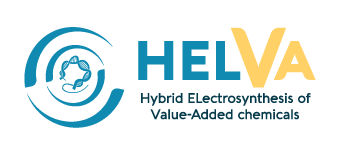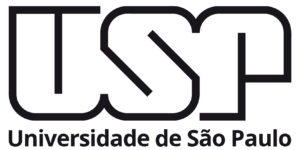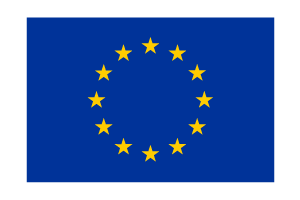Created in 1934, University of São Paulo (USP) is a public university, maintained by the State of São Paulo and linked to the Secretariat of Science, Technology and Innovation. The talent and dedication of teachers, students and staff have been recognized by different world rankings, created to measure the quality of universities based on different criteria, mainly those related to scientific productivity.
This performance, generated over more than eight decades of an intense search for excellence, allows USP to join a select group of world-class institutions. Its degree consists of 183 courses, dedicated to all areas of knowledge, distributed in 42 teaching and research units, with more than 58 thousand students. Postgraduate studies are made up of 239 programs, with around 30,000 enrolled. Currently, USP is responsible for more than 20% of Brazilian scientific production.
To develop its activities, USP has several campuses, spread across the cities of São Paulo, Bauru, Lorena, Piracicaba, Pirassununga, Ribeirão Preto, Santos, São Carlos, as well as teaching units, museums and research centers located outside these spaces. and in different municipalities.
The Fungal Bioluminescence Laboratory (LBF), at the Chemistry Institute – USP and led by Prof. Stevani studies, in addition to various bioluminescent systems, environmental metagenomics and biotechnological use of microorganisms.
Members
Prof. Cassius V. Stevani, PhD
Researcher
Prof. Renato Sanches Freire, PhD
Researcher
Prof. Elen Aquino Perpetuo, PhD
Researcher
Dielle P. Procópio, PhD
Researcher
Pedro Miragaia
Researcher







 Project HELVA was selected in the Joint Transnational Call 2022 of M-ERA.NET 3, which is an EU-funded network of about 49 funding organisations (Horizon 2020 grant agreement No 958174). The project is funded by the Agencia Estatal de Investigación (AEI, Spain); National Science Centre (NCN, Poland); São Paulo Research Foundation (FAPESP, Brazil).
Project HELVA was selected in the Joint Transnational Call 2022 of M-ERA.NET 3, which is an EU-funded network of about 49 funding organisations (Horizon 2020 grant agreement No 958174). The project is funded by the Agencia Estatal de Investigación (AEI, Spain); National Science Centre (NCN, Poland); São Paulo Research Foundation (FAPESP, Brazil).